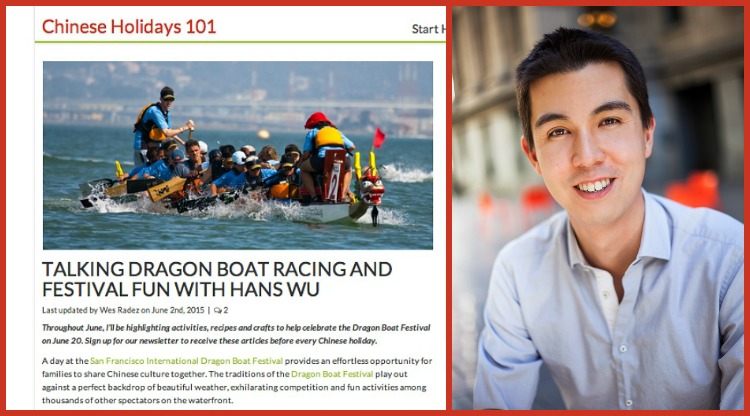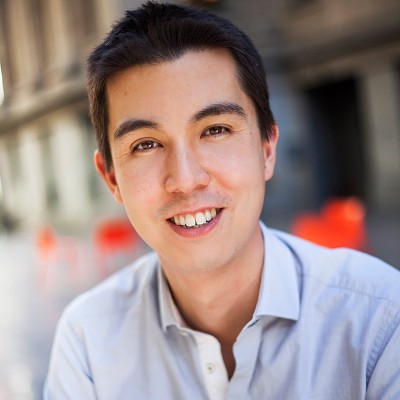WR: I want Chinese Holidays 101 to be a high quality resource that helps time-strapped parents share Chinese traditions with their families. I’m trying to help by providing useful tools and quick wins, the types of simple and actionable recipes, activities and ideas that you can huddle with on your iPad at night and then share with your kids on the weekend.The problem I’m solving is a lack of time. I frequently hear from fellow parents that the pressures of work and home can mean that cultural moments get squeezed out of the evening and weekend routine. These comments made me realize that a contemporary lifestyle site for busy families seeking to incorporate Chinese holidays and traditions into their lives could be really useful.
HM: For parents of mixed-race kids, fostering identity and preserving the link to their heritage can be a little more complicated. Any advice to parents like myself?
WR: It’s true that parents of kids with mixed backgrounds have a challenging job. There’s more ground to cover, but still the same number of hours in the day!
My best advice is always: “Start with what you love.” I love Chinese food, and so I take my son to Chinatown to buy breakfast every weekend. It opens a pathway for him to learn bits of language, observe traditions and talk about what he sees in the neighborhood. Other parents might start with a love for reading, a passion for languages or a favorite hobby. The goal, I think, is for kids to see their cultural heritage as a positive part of everyday life, not an obligation.
Speaking from my own experience, I expect that my son’s interest in his heritage will ebb and flow as he grows up. Ultimately, I want him to know that multiculturalism is a point of pride and for him to have the exposure and tools he needs to connect with his cultural background, so that he can craft an identity that’s uniquely his own.
HM: The Dragon Boat Festival is coming up later in June. What is that about and how can families celebrate the holiday with their children?
WR: The Dragon Boat Festival commemorates the life and death of the Chinese statesman and poet Qu Yuan who drowned himself in the Miluo River more than 2,000 years ago. The holiday also played a role in ancient China’s agrarian society, as the festivities were believed to help appease the rain gods and ward off illness during the sweltering summer months.


